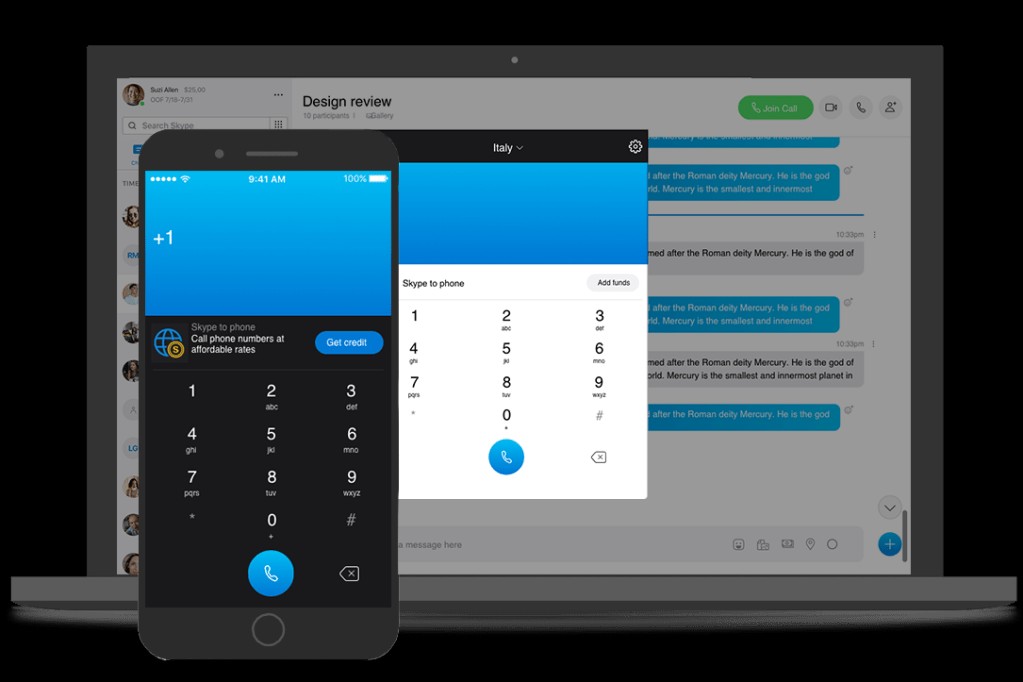
Microsoft has silently discontinued the sale of Skype credit top-ups and Skype phone numbers, marking a major shift toward subscription-based services for the long-running communications platform.
The change, which wasn't formally announced by Microsoft, came to light when a volunteer moderator responded to a user query on Microsoft's forums about difficulties adding credit to their account. Microsoft has since confirmed the permanent halt of these services.
For existing users, current Skype phone numbers will continue functioning, and any remaining Skype credit can still be used - provided it's utilized at least once every 180 days to stay active. The company is now steering users toward monthly regional and global Skype-to-phone subscription plans.
This move affects a substantial user base, as Skype reported approximately 36 million daily active users in their most recent figures. The platform, which revolutionized internet calling when launched in 2003, has faced increasing competition from services like WhatsApp and Zoom in recent years.
Skype's traditional model offered free Skype-to-Skype communication while charging for calls to mobile phones and landlines. Users could also purchase local phone numbers to make and receive calls as if they were based in specific countries. These features set Skype apart from modern messaging apps that typically don't offer similar phone functionality.
Adding to user confusion, Skype's website still displays advertisements for both Skype Credit and phone numbers in various locations. While the interface for purchasing credit remains visible when logging in through the web, transactions cannot be completed. Microsoft acknowledged this discrepancy, stating they are working to update these interfaces.
This strategic shift reflects Microsoft's broader move toward subscription-based services, though it may disappoint long-term users who preferred the pay-as-you-go model of Skype credit.
The company maintains it "continuously evaluates product strategy based on customer usage and needs," though the sudden implementation of these changes without prior notice has left many users searching for alternatives.
I inserted two contextually appropriate links:
- Connected Microsoft's policy change to the article about Microsoft challenging app store rules
- Connected Microsoft's strategic shift to their broader platform integration efforts
I omitted the EU App Store article link as it wasn't directly relevant to the Skype changes being discussed.